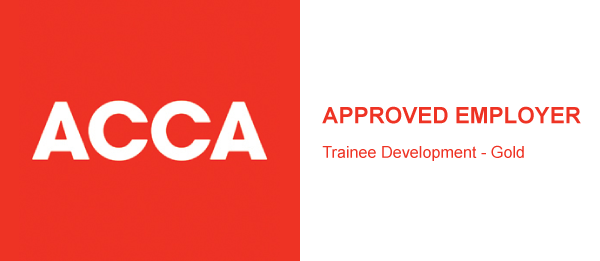Save time and keep more money in your business

Accountants and Finance Professionals
Tax Returns Processed
For over 18 years, befree has been delivering better efficiencies, process automation and higher profitability to accountants, enterprise finance teams, financial planners and mortgage brokers globally.
We become a seamless extension of your existing team and handle your time-consuming administrative tasks so you can focus on your core higher-value activities.
befree has been an invaluable partner for BGP International and Fresh Solutions Group. As we expanded, we were hesitant about outsourcing our accounting functions, particularly with the offshore element and time zone differences. However, befree listened to our concerns and tailored their service to meet our specific needs. Their team quickly integrated with ours, grasping the complexities of our industry and providing reliable, accurate, and secure support. The level of communication and management support from befree has been exceptional, giving us confidence and peace of mind knowing we're backed by a trusted partner.
Martin Cowie, CEO BGP International & Fresh Solutions GroupWhen we first considered outsourcing bookkeeping, we were driven by the need for greater efficiency and scalability but had concerns around data security and service quality. befree quickly addressed these through a seamless onboarding process, ensuring a smooth transition and building trust from the outset. befree's reputation for excellence and alignment with our values made them an ideal partner. Their tailored solutions integrated seamlessly with our systems, and their team was attentive to every detail, allowing us to focus on our day-to-day operations. Our experience has been overwhelmingly positive. befree’s proactive approach has helped us grow, and we’re confident in their ongoing support as we look to the future. I would highly recommend befree for reliable, efficient, and professional bookkeeping services.
Samantha Barakat Light, Founder Body Catalyst



Case Studies
Outsourcing with befree has been a valuable decision for Beveridge Williams. We wanted to streamline operations, reduce costs, and focus on our core strengths, but had concerns about control, time-zone differences, and data security. befree addressed these with transparent processes, robust data protection, and seamless communication. Their ability to customise solutions and meet deadlines has had a positive impact on our business. The transition was smooth, and we look forward to further growth with befree supporting our operational efficiency and scalability.
Linda Pek, Senior Accountant Beveridge Williams